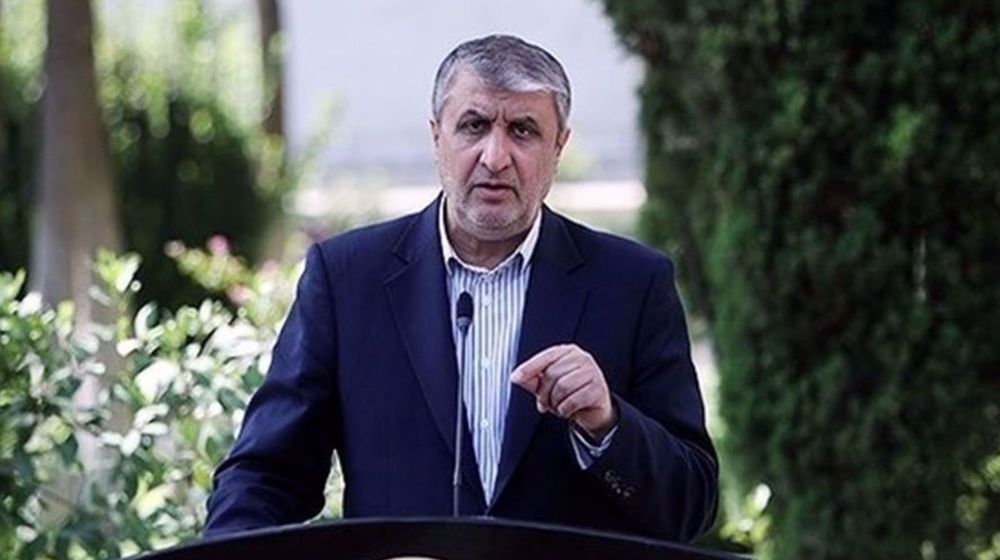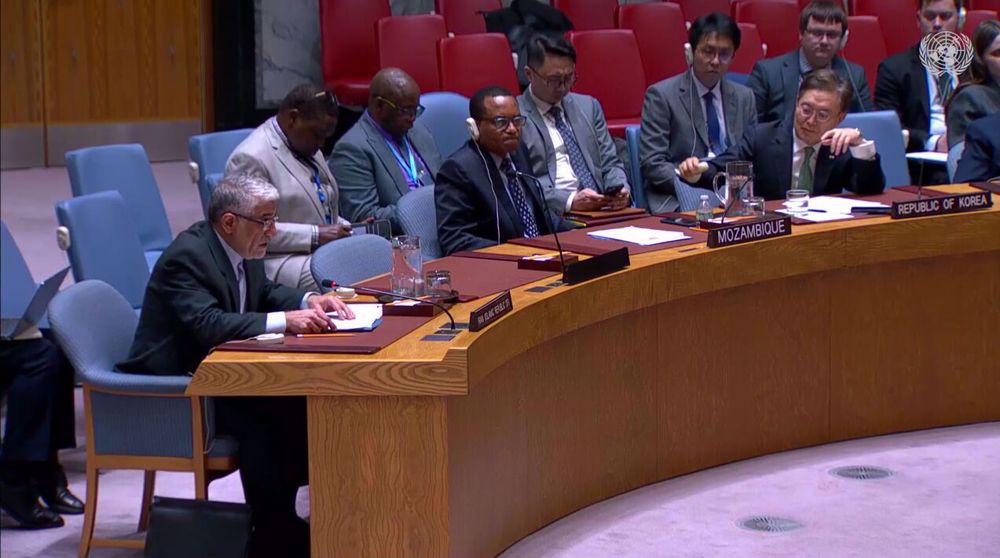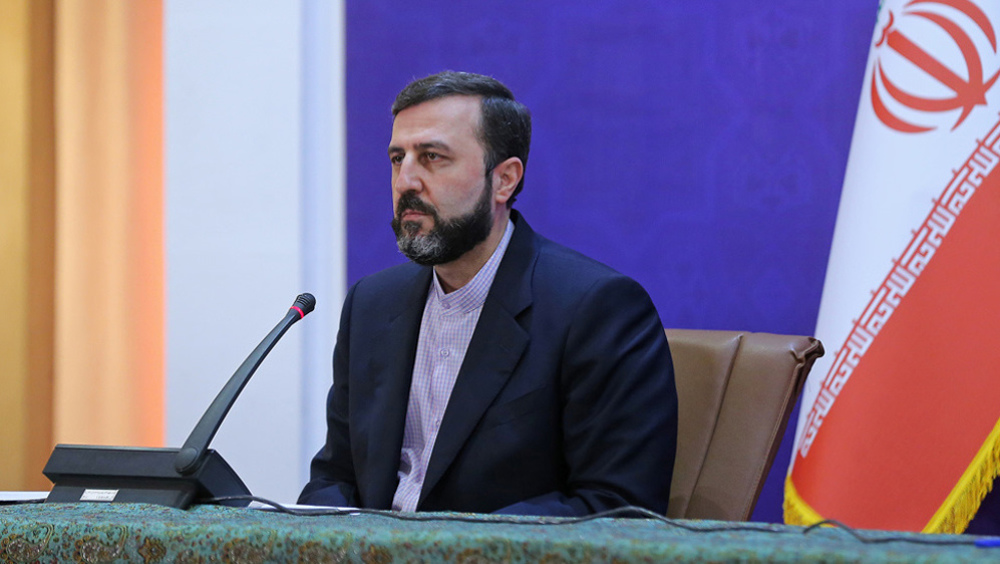AEOI will implement Iran Parliament’s anti-sanctions law: Spokesman
The spokesman for the Atomic Energy Organization of Iran (AEOI) says the nuclear body will implement technical aspects of a law approved by the Iranian Parliament to counter unilateral sanctions imposed by the United States on Tehran to their full extent.
On December 1, Iranian lawmakers overwhelmingly voted in favor of the “Strategic Action Plan to Lift Sanctions and Safeguard Interests of Iranian People,” which intends to counteract sanctions imposed on Iran after President Donald Trump on May 8, 2018 pulled the United States out of the 2015 Iran nuclear deal. The bill became law after Iran’s Guardian Council ratified it a day later.
According to the new law, the Iranian administration is required to suspend more commitments under the nuclear deal, officially called the Joint Comprehensive Plan of Action (JCPOA), which was inked by Iran and six world powers on July 14 that year.
The law tasked the AEOI with producing and restoring at least 120 kilograms of enriched uranium with a 20-percent purity level every year and also enrichment beyond 20 percent if the country’s peaceful nuclear activities demanded.
In an interview with the Iranian Parliament’s official ICANA news agency, AEOI’s spokesman, Behrouz Kamalvandi, said, “The AEOI will implement the technical part of this law and we are already doing this regardless of how the executive bylaw of this law is drawn up.”
He pointed to speculation about the expulsion of the International Atomic Energy Agency (IAEA) inspectors from Iran after the country's suspension of voluntary Additional Protocol implementation if other signatories to the JCPOA fail to fulfill their obligations and said, "According to [the Parliament's] law, if sanctions are not lifted, the implementation of the Additional Protocol will be suspended in due time and this does not mean the expulsion of the agency's inspectors."
He explained that inspections of Iran’s nuclear sites are carried out at different levels; the ones with respect to safeguard inspections and the others relating to the Additional Protocol.
In case of ending the implementation of the Additional Protocol, only the inspections in connection with it will be stopped, the Iranian nuclear official said.
Kamalvandi further added that the AEOI has started the process to enrich uranium to 20 percent purity according to the law while it has informed the IAEA and said the installation of the IR-2m centrifuge has also started.
Iran on January 4 announced the beginning of the process to enrich uranium to 20 percent purity at its Fordow nuclear facility.
Later on the same day, the UN nuclear agency issued a statement, confirming that Iran had started the process of enriching uranium to 20 percent.
Iran’s nuclear chief said a day later that the country has the capability to produce up to 9 kilograms of enriched uranium with the purity of 20 percent per month.
“At present, we produce 17 to 20 grams of 20 percent [enriched] uranium every hour. We have a production capacity of 8 to 9 kilograms per month to reach the 120-kilogram limit stipulated in law,” AEOI Head Ali Akbar Salehi told reporters.
He said the newly-enriched uranium would be stored for future use, stressing that the AEOI activities have never stopped or slowed down.
Read more:
VIDEO | Yemenis praise the military for its successful operations against Israel
VIDEO | Israel continues to bomb Gaza homes
VIDEO | An insider's view of the country: Meybod City in Yazd
‘All wars have rules. All of those rules have been broken’ by Israel
VIDEO | Report flags India’s violation of rights of Rohingya detainees
Turkey's foreign minister meets Syria's de facto leader in Damascus
VIDEO | US Syria plots
'Next to impossible' to rescue patients from Gaza's Kamal Adwan Hospital: Director













 This makes it easy to access the Press TV website
This makes it easy to access the Press TV website